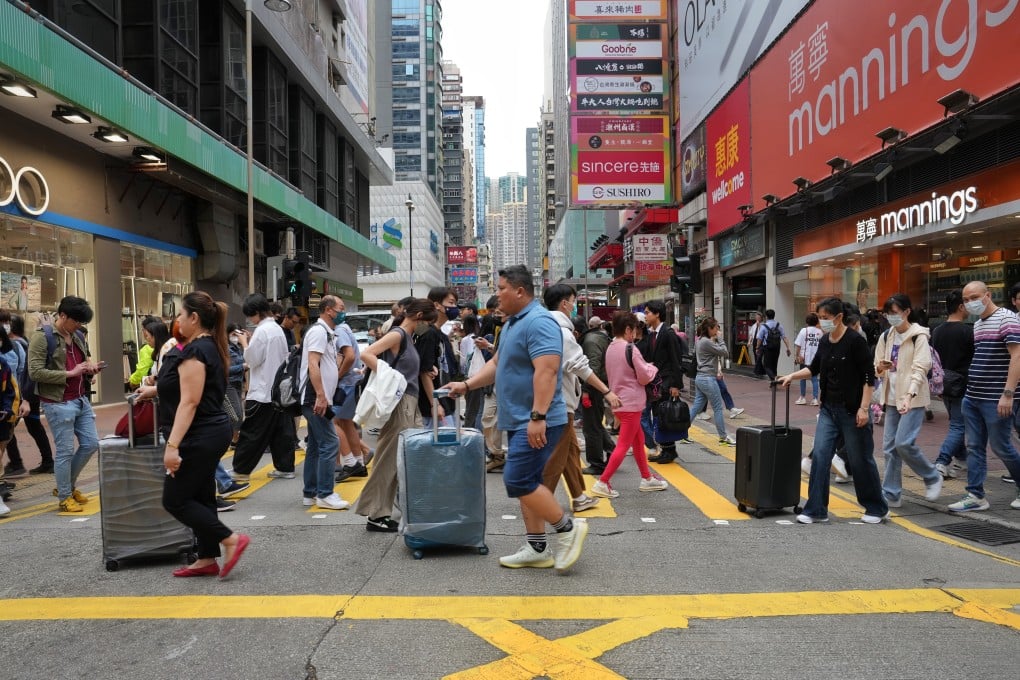Hong Kong’s economy can achieve 5.5 per cent growth if city continues to ride current momentum, financial services chief says
- Secretary for Financial Services and the Treasury Christopher Hui sounds optimistic note while also hailing Europe collaboration to form ‘community of interest’
- Three strategic directions are to boost market competitiveness, strengthen connectivity with mainland and promote new areas such as green financing

Hong Kong’s economy could grow by 5.5 per cent if the city continued to ride the current momentum, its financial services chief said on Sunday.
Secretary for Financial Services and the Treasury Christopher Hui Ching-yu, who last month visited Britain and Belgium on work trips, also vowed Hong Kong would continue to collaborate with Europe to form a “community of interest” despite growing geopolitical tensions.
Hui added the current pace of economic development was ideal, spurred by heightened consumption, echoing comments by Hong Kong Monetary Authority chief executive Eddie Yue Wai-man last week, who said growth this year might be at the high end of the government’s estimate of 3.5 to 5.5 per cent.

Hui told a Sunday radio programme: “If the current economic momentum continues, between a 3.5 and 5.5 per cent economic growth rate, there is a high chance we will edge towards the upper limit.
“Recently, many international organisations … have launched their economic forecasts, agreeing that the driving force for global economic growth would come from Asia, with the most crucial component being mainland China’s economy.”
Several brokerages have recently raised their forecasts for Hong Kong’s annual economic growth this year to up to 6 per cent, based on the full lifting of pandemic restrictions and robust private consumption, especially for discretionary spending.